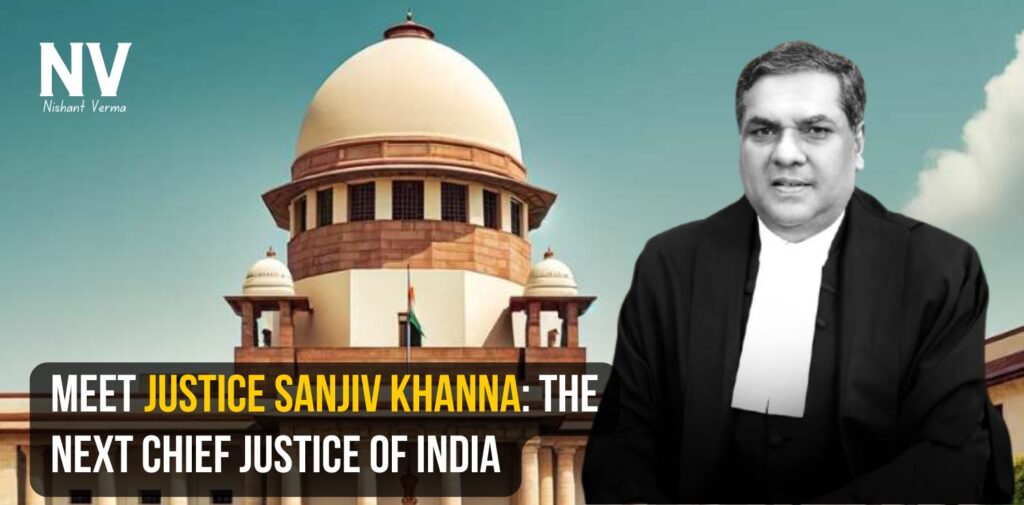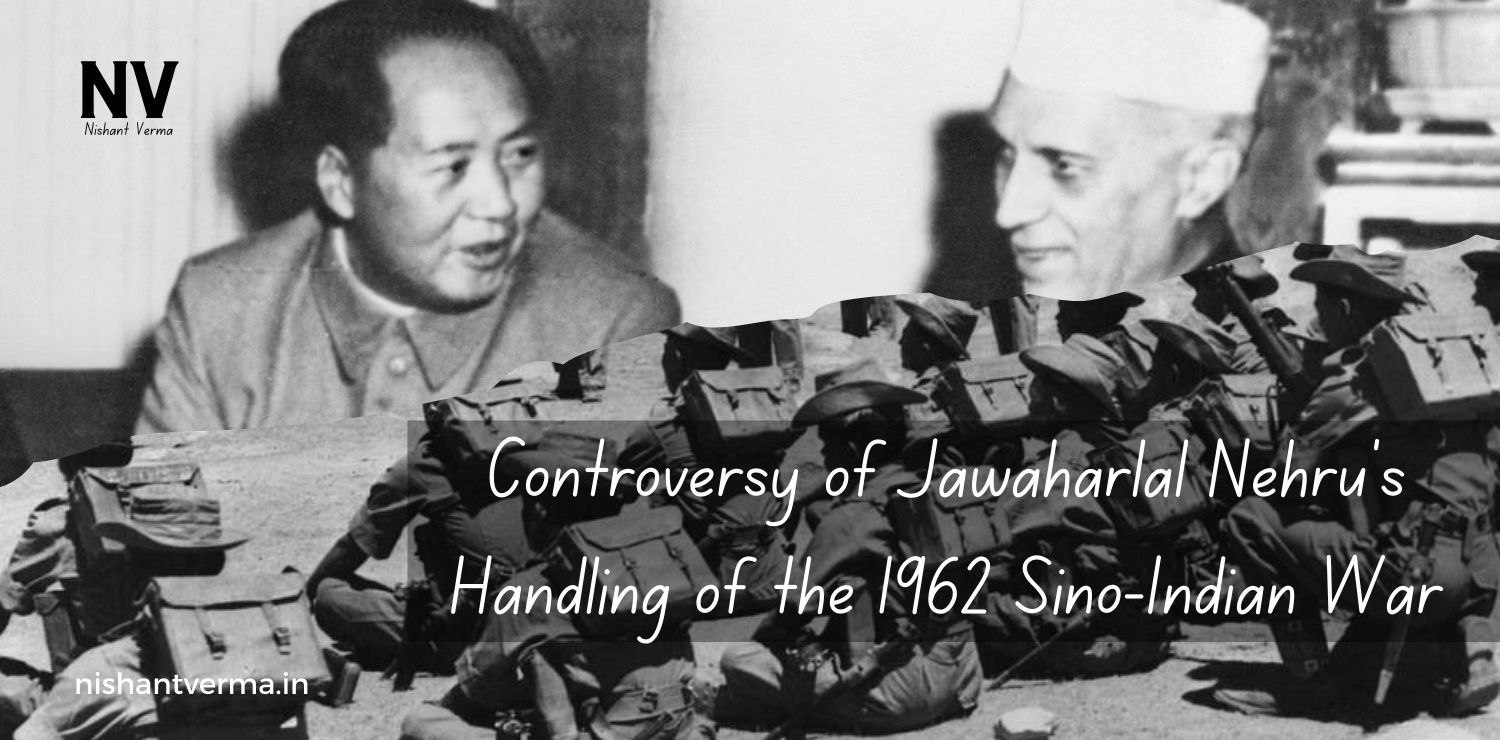Justice Sanjiv Khanna is set to succeed Chief Justice DY Chandrachud as the next Chief Justice of India (CJI). This marks a significant moment in the Indian judiciary, as Justice Khanna is known for his broad expertise across various legal fields and for being part of numerous landmark judgments. Let’s dive deeper into his background, career, and the important cases that define his legacy.
Early Life and Educational Background
Born on May 14, 1960, Justice Sanjiv Khanna pursued his education in Delhi, completing his law degree from Delhi University. His career began in 1983 when he enrolled with the Bar Council of Delhi and began practicing law at the district courts. Gradually, he transitioned to the Delhi High Court and tribunals, where he developed expertise in constitutional law, taxation, company law, and environmental issues.
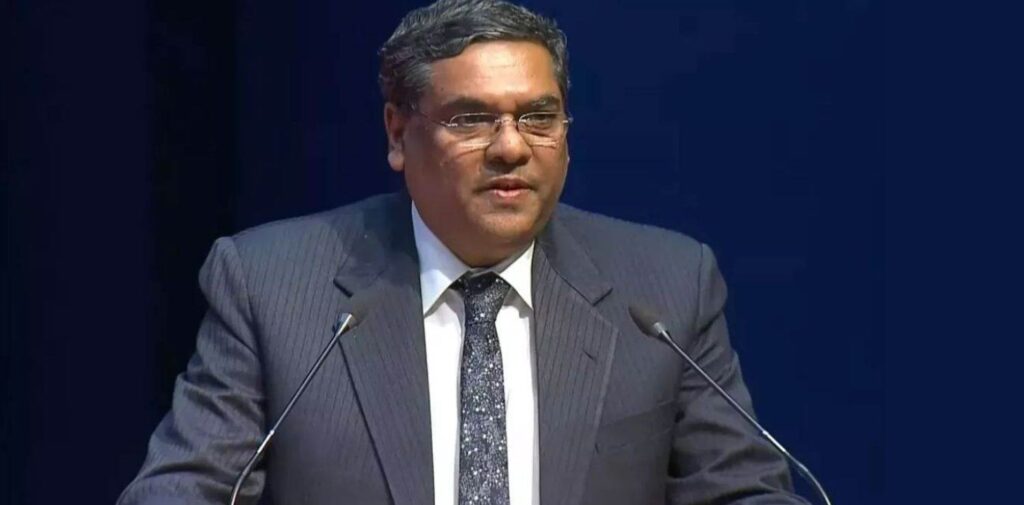
His Legal Journey
Justice Khanna’s career trajectory took him through various levels of the judiciary and legal practice. Before his appointment as a judge, he represented the National Capital Territory of Delhi and served as an Additional Public Prosecutor in the Delhi High Court. He also acted as an amicus curiae, assisting courts in various critical cases.
Taxation law is an area where Justice Khanna made a notable impact. As the Senior Standing Counsel for the Income Tax Department, he showcased his deep understanding of tax legislation for nearly seven years. His focus on such technical areas of law set him apart early in his career, adding to his reputation as a versatile legal mind.
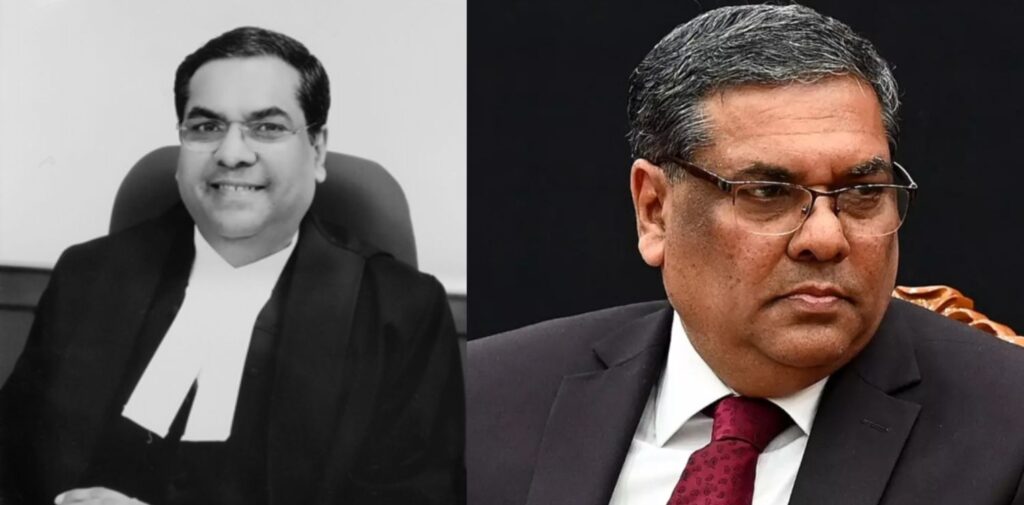
Appointment to the Bench
In 2005, Justice Khanna was appointed as a judge of the Delhi High Court, a move that opened new avenues for him to shape Indian jurisprudence. Over the years, he handled several high-profile cases, ranging from constitutional matters to commercial disputes. In 2019, he was elevated to the Supreme Court of India, which saw him continue his trajectory of delivering important judgments.
Key Judgments and Cases
Justice Khanna’s judicial career has been marked by several landmark cases that reflect his diverse legal expertise:
- Electoral Bonds Scheme: Justice Khanna played a crucial role in striking down the constitutional validity of the electoral bonds scheme, which was a controversial method of political funding. He concurred with the majority opinion, signaling his commitment to transparency in political processes.
- Article 370: He was part of the five-judge bench that upheld the abrogation of Article 370, which granted special status to Jammu & Kashmir. His concurrence with the majority judgment showcased his strong stance on national issues.
- EVM-VVPAT Case: In another high-profile case, Justice Khanna upheld the use of Electronic Voting Machines (EVMs) without mandating the cross-verification of votes with Voter Verified Paper Audit Trails (VVPATs), affirming his trust in India’s election system and the Election Commission.
- Bail Decisions: Justice Khanna’s approach in granting or denying bail reflects his balanced understanding of legal principles. Notably, he denied bail to former Delhi deputy CM Manish Sisodia in a liquor policy case, while also granting interim bail to Delhi CM Arvind Kejriwal in a defamation case.
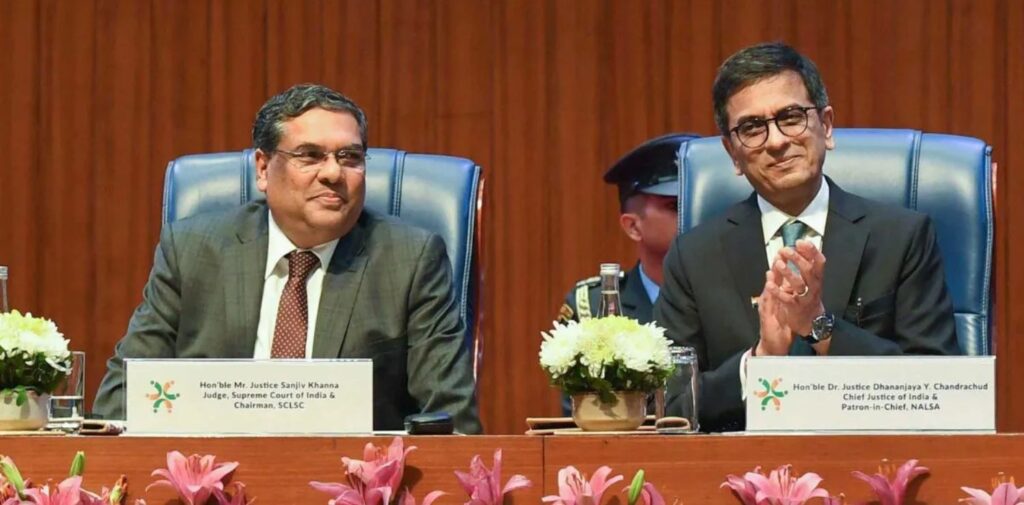
Future as the Chief Justice of India
Justice Khanna is set to become the 51st Chief Justice of India, taking over from CJI DY Chandrachud. His tenure as CJI will last for a brief but impactful four months, from November 2024 until May 2025. His expertise in constitutional law, coupled with his pragmatic approach to justice, suggests that his leadership will be marked by a steady continuation of judicial reforms and impartiality.
A Legacy of Fairness and Expertise
What stands out about Justice Khanna is his remarkable ability to handle cases spanning multiple domains, from constitutional issues to taxation. He has proven to be a meticulous judge who delves deeply into legal nuances. His judgments reflect a keen understanding of the law’s impact on society, as seen in his verdicts on electoral transparency and major political decisions like Article 370.
Justice Khanna also emphasizes upholding judicial accountability, as demonstrated in his stance on election law and electoral funding reforms. His judicial philosophy is rooted in the belief that the judiciary must serve as a guardian of constitutional principles, even in the face of political complexities.
Expectations from His Tenure
As CJI, Justice Khanna is expected to continue the legacy of progressive legal thought and transparency. His tenure may be short, but it will likely focus on crucial matters such as judicial reforms, public interest litigations, and constitutional cases. His balanced approach to justice, honed over decades of legal service, positions him well to uphold the integrity of India’s highest court.
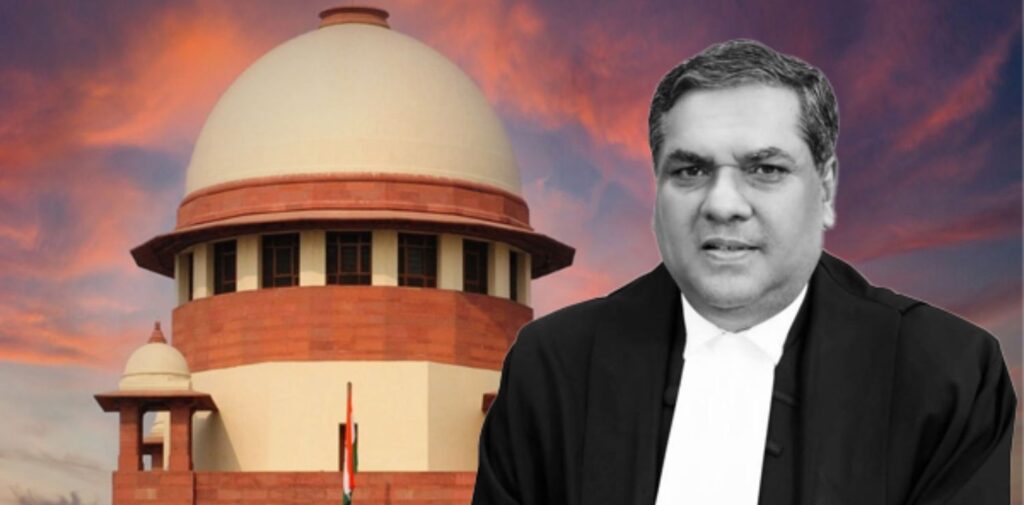
Final Thoughts: Justice Sanjiv Khanna
Justice Sanjiv Khanna’s impending appointment as the Chief Justice of India represents the elevation of a judge known for his judicious handling of complex legal matters. With his vast expertise across a wide spectrum of legal fields, Justice Khanna is poised to lead the Indian judiciary with impartiality and a commitment to upholding the constitution.
As India looks to its next Chief Justice, the country can expect fair-minded rulings, a focus on constitutional integrity, and a steady hand guiding the nation’s judiciary through pivotal moments in its legal history.

